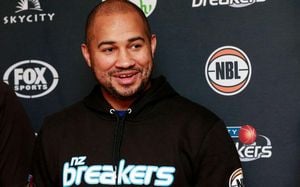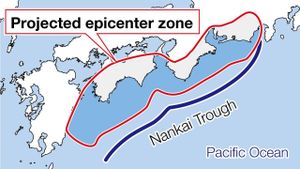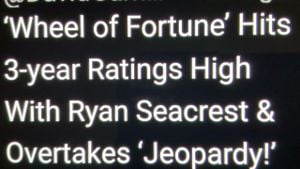Four Liberal leadership candidates faced off on February 24, 2025, during the first French-language debate aimed at determining who will take over the party and potentially the role of Canada's prime minister. The debate was marked by pointed discussions on how to stand up to U.S. President Donald Trump's impending tariffs and his controversial suggestion for Canada to become the 51st state. The showdown took place amid tight economic repercussions from Trump's administration and was moderated by former TVA-Québec anchor Pierre Jobin.
Mark Carney, the polls' front-runner, emerged as one of the strongest voices against Trump, insisting it was imperative for Canada to bolster its economy and limit dependency on the U.S. "Trump of today isn't the same as before; he’s more isolationist, more aggressive. Before he wanted to share our economy; now, he wants our country," Carney asserted, emphasizing the need to strengthen ties with the European Union and other allies to reinforce Canada’s negotiating position.
Former finance minister Chrystia Freeland delivered perhaps the most combative stance of the evening, labelling Trump the greatest threat Canada has faced since World War II. Freeland pushed for aggressive economic countermeasures against U.S. tariffs, proposing, among other things, imposing retaliatory tariffs, including 100 percent on Tesla vehicles, to make clear to the American president the strength of Canadian resolve. "We can stand up to him and win," Freeland declared, drawing on her previous experience negotiating trade agreements with Trump during his first presidency.
Karina Gould, the former House leader, advocated for calm leadership to counter Trump's tactical chaos and said she would encourage Canadian businesses to explore markets beyond the U.S. "We need to understand Canadian businesses can offer much to the world—not just the United States but other countries," she stated confidently.
Frank Baylis, the only candidate with roots firmly planted in Quebec, underscored his pragmatic approach by drawing on his business background. He branded Trump as an intimidator and proposed steering clear of personal meetings with the president. Instead, he suggested forming new alliances with countries sharing similar values, including the U.K., Australia, and New Zealand.
Throughout the debate, the candidates criticized Conservative Leader Pierre Poilievre for his perceived cozy relationship with Trump. Carney called Poilievre’s stance weak and more about veneration than opposition, with Gould accusing him of failing to unify Canadians against external threats.
Monitoring the responses to questions, the candidates expressed their strategies concerning healthcare reform, another pivotal topic of the evening. Baylis, who made his fortune within the medical technology sector, laid out detailed insights on enhancing Quebec’s healthcare system. He proposed creating more nurse practitioning roles and investing significantly in homecare. "Right now we only have two doors to enter the health system. You either have a doctor or you have to go to the emergency room," Baylis stated, emphasizing the need for broader access to medical services.
Freeland positioned herself strongly on the topic, advocating for recruiting American physicians back to Canada to bolster the system. Carney optimistically discussed using artificial intelligence to modernize healthcare provisioning, pledging to eliminate barriers for healthcare professionals across provinces.
The immigration issue also rose to the forefront, as the candidates dissected Canada’s current immigration goals. Carney proposed temporarily capping immigration levels to regain balance amid the housing crisis, underscoring the importance of sustainable growth. Freeland echoed this sentiment, stressing the need to balance new arrivals with adequate housing and social services to support them. Gould remarked on earlier government overreach, claiming previous immigration targets were too ambitious.
From housing to crime, discussions were candid, with candidates outlining their visions for constructing affordable homes and combating rising crime rates. Both Baylis and Carney touched on the necessity for structural reforms to the Criminal Code to address vehicle theft and other pressing safety concerns. "We need to negotiate with the U.S. on border issues and the threat posed by illegal weapons crossing over," Baylis remarked, calling for collaborative solutions.
The debate concluded with strong statements from each candidate reaffirming their commitment to building a powerful Canada capable of standing firm against Trump’s influence. Carney expressed his hope for Canadians standing united, stating emphatically, "Canada will never be the 51st state." Freeland captured the sentiment by depicting the Liberal Party as united against threats, showcasing their readiness to tackle adversities together.
With advance voting beginning soon and the final leadership decision due by March 9, this debate served as not just political rhetoric but as the candidates' living showcase of their divergent styles, ambitions, and strategies for leading the nation through turbulent times. With the high stakes underscored by Trump’s looming tariffs and criticisms of Canada’s political foundations, Liberal party members are now faced with choosing their next leader who they hope can guide them through the challenges lying ahead.



